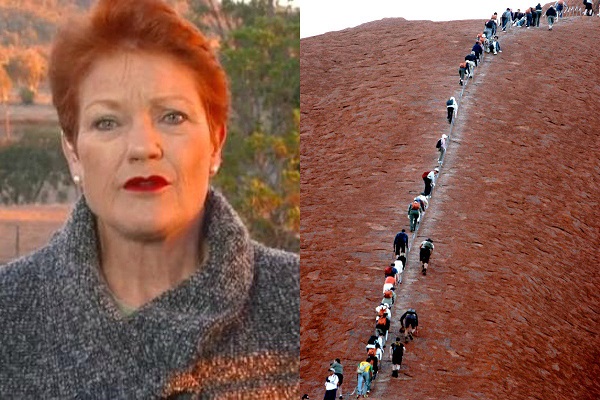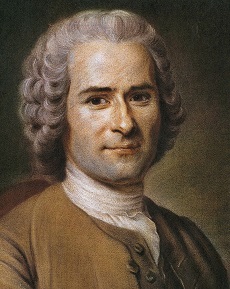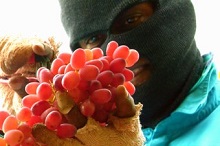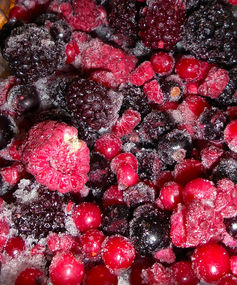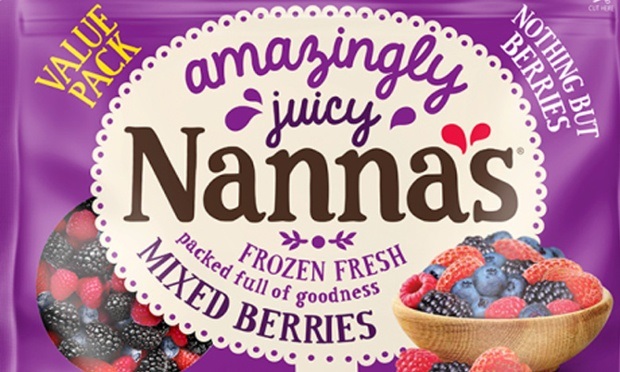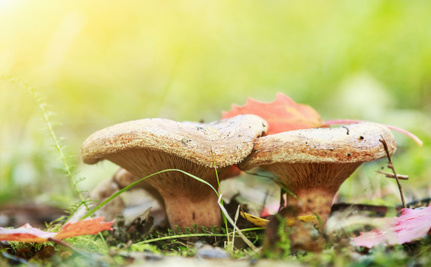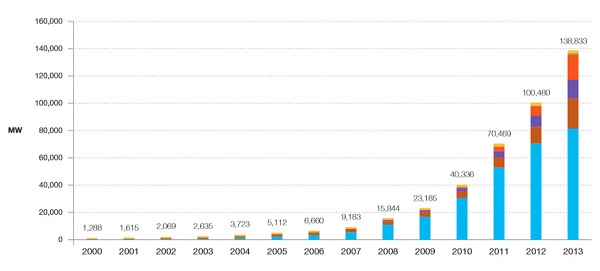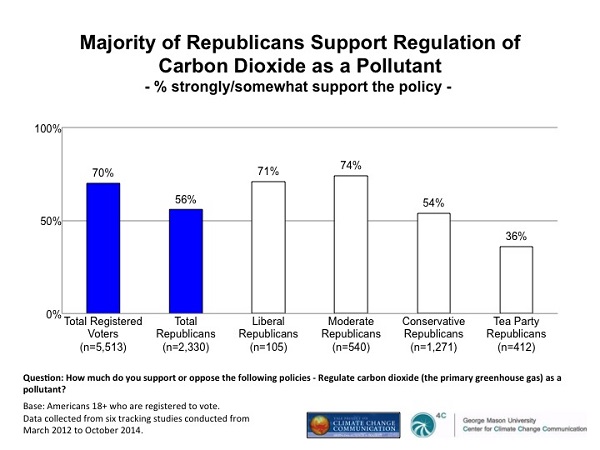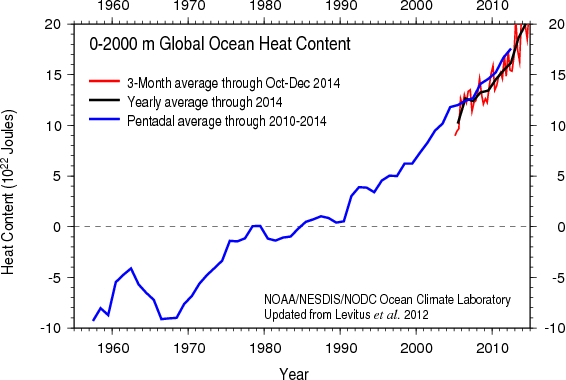
An open thread where, at your leisure, you can discuss anything you like, well, within reason and the Comments Policy. Include here news and views, plus any notable personal experiences from the week and the weekend.
For climate topics please use the most recent Climate clippings.
The gentleman in the image is Voltaire, who for a time graced the court of Frederick II of Prussia, known as Frederick the Great. King Fred loved to talk about the universe and everything at the end of a day’s work. He also used the salons of Berlin to get feedback in the development of public policy.
Fred would only talk in French; he regarded German as barbaric. Here we’ll use English.
The thread will be a stoush-free zone. The Comments Policy says:
The aim [of this site] is to provide a venue for people to contribute and to engage in a civil and respectful manner.
Here are a few bits and pieces that came to my attention last week.
1. Birthdays!
Three birthdays to mention.
Larvatus Prodeo was born at Easter 2005, so would be 10 years old if still alive. I started blogging there about three months later.
Secondly, I turned 75 just over a week ago.
I usually don’t make a fuss over birthdays, reasoning that I’m just one day older than the day before. So every day is new. My cardiologist is very happy with me, and I can tell you that since my triple bypass in 2000 he’s the main man!
Third, Climate Plus was born a year ago tomorrow. Some 318 posts later we are still here. It has been an experience – some surprises, some disappointments.
For the foreseeable future I plan to carry on. Political posts are more than twice as popular as climate posts, but our main reason for being here is climate. My aim is to keep the lay reader abreast of important developments in a brief and digestible form.
Feedback is more than welcome.
2. Vale Betty Churcher (1931-2015)

Betty Churcher died during the week, aged 1984. As an artist, as a teacher, as an arts administrator, and as a human being she excelled and attracted nothing but praise.
As a woman she had several firsts, most notably in 1990 she became the first woman at the helm of the National Gallery of Australia, where she was director for 7 years.
While there she earned the nickname “Betty Blockbuster” for presiding over 12 international blockbuster exhibitions, which in turn led to a corresponding growth in the gallery’s attendance numbers and revenue. She also initiated the construction of new galleries for large-scale temporary exhibitions, gave the gallery its current name after dropping “Australian National Gallery” and acquired Arthur Streeton’s Golden Summer, Eaglemont, 1889, for $3.5 million.
Image courtesy of the ABC.
3. Selling ugly produce at low prices
Every year Canadians waste some 40% of their food. A large part of the problem is that “ugly” food, misshapen or marked, is thrown out. Now one large retailer is selling this food at a discount in Ontario and Quebec.
Should happen here.
4. UK elections
The UK election campaign started in earnest. Here’s a prediction of the outcome.
According to that it could be a coalition of Labour, the Scottish National Party and what’s left of the Liberal Democrats.
Ed Miliband seems to have come through the leaders debate OK.
5. Jacqui Lambie starts her own party
Jacqui Lambie has applied to register The Jacqui Lambie Network as a political party.
She’s also got something else to think about.
A PUP statement released on Wednesday threatened to spend up to $3 million on legal fees in a bid to recover $2 million and $7 million from Senator Lambie and Senator Lazarus respectively.
Senator Glenn Lazarus quit the Palmer United Party earlier this year.
Senator Glenn Lazarus quit the Palmer United Party earlier this year.
PUP claims those are the amounts spent helping Senator Lazarus and Lambie get elected under the party’s banner at the 2013 election.
Advertisement
Both senators have since abandoned PUP and are now sitting as independents.
Lambie says he promised not to sue.
6. Goodnight Goodluck Jonathon
President-elect of Nigeria Muhammadu Buhari told CNN’s Christiane Amanpour that he plans to aggressively fight corruption that has long plagued Nigeria and go after the root of the nation’s unrest.
For the first time in Nigeria’s history, the opposition defeated the ruling party in democratic elections.
Buhari defeated incumbent Goodluck Jonathan by about 2 million votes, according to Nigeria’s Independent National Electoral Commission.
The win comes after a long history of military rule, coups and botched attempts at democracy in Africa’s most populous nation.
Jonathon’s main contribution seemed to be making many billions of oil revenue due to the state magically disappear.
